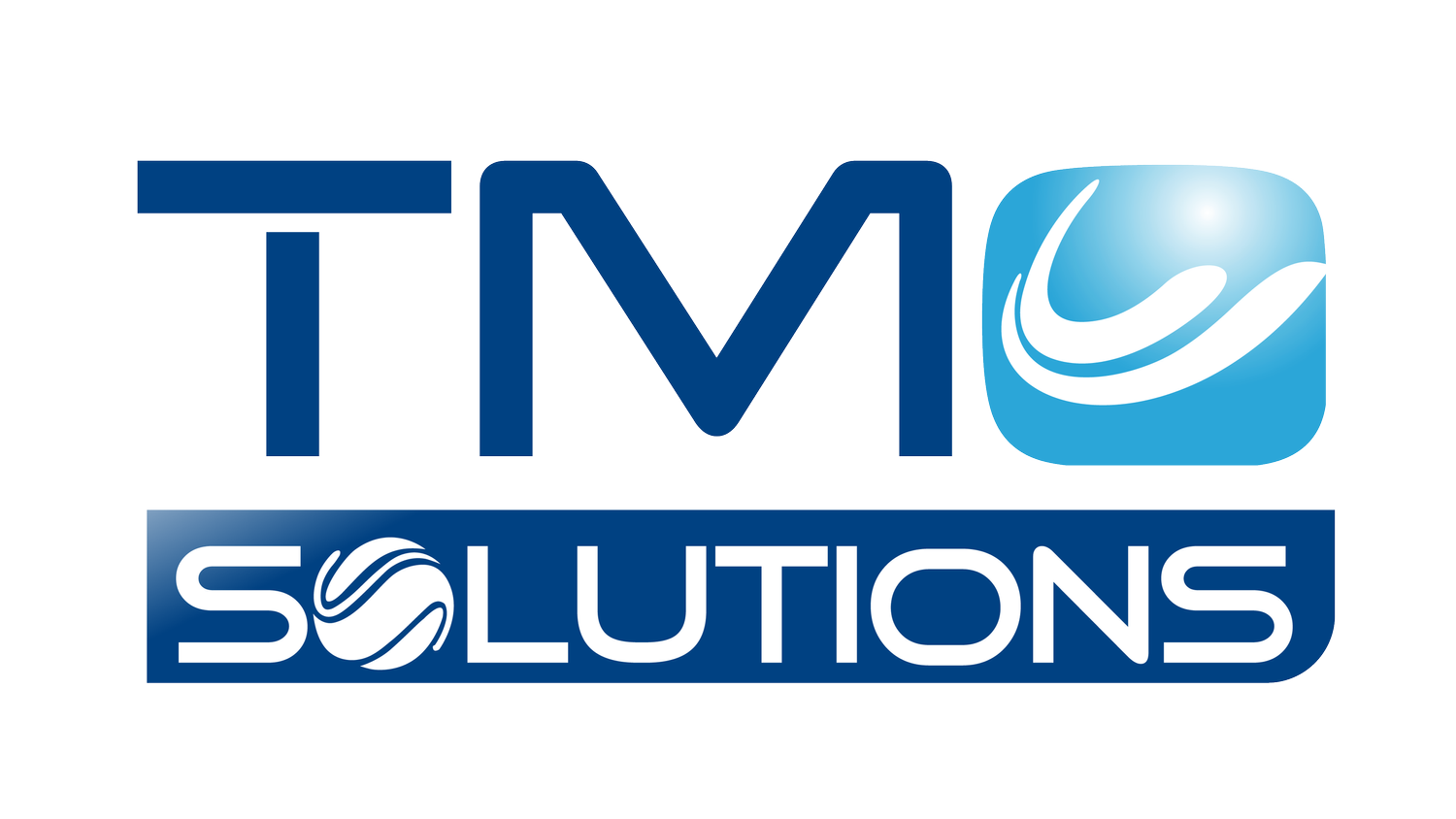The Essentials of Reliability Testing in Product Development
Reliability testing is a fundamental aspect of product development, crucial for preserving brand reputation and building consumer trust in sectors such as aerospace, automotive, and electronics and many others.
This detailed discussion will highlight the significance and methodologies of reliability testing, demonstrating its application in enhancing product quality and lifespan.
Through reliability testing, companies can preemptively identify and mitigate potential failures, ensuring their products perform reliably under various conditions and stresses, thus safeguarding both functionality and customer satisfaction.
Understanding Reliability Testing
Reliability testing ensures that products perform their intended functions under specified conditions over a designated period. This type of testing is crucial to identify potential failures before products reach the market. It encompasses a variety of testing methods, including but not limited to life testing, stress testing, and environmental testing.
Importance Across Industries
The imperative of reliability testing spans multiple critical industries, each with its own set of challenges and standards.
In the aerospace sector, for instance, reliability testing is indispensable for ensuring that aircraft components can endure harsh environmental conditions, like extreme temperatures and pressure changes, critical to ensuring passenger safety.
In the automotive industry, reliability testing is focused on the endurance of parts and systems, ensuring they can withstand years of operation without failing, thus maintaining vehicle safety and customer satisfaction. For example, continuous vibration testing might be used to simulate years of driving on rough roads to test suspension components.
In the electronics sector, reliability testing is crucial for assessing how well devices can handle everyday stresses such as temperature fluctuations, humidity, and physical shocks, which are vital for consumer devices like smartphones and laptops that are used in a variety of settings. This helps in preventing common issues such as system failures and hardware degradation over time.
Key Types of Reliability Testing
Life Testing: Determines how long a product can perform its intended function without failure.
Stress Testing: Assesses product robustness beyond normal operational capacities to identify failure modes.
Environmental Testing: Simulates different environmental conditions to ensure products can operate reliably in any climate.
Industry Standards and Compliance
Adherence to international standards is crucial in reliability testing to ensure consistency, product safety, and quality across various industries. Beyond ISO 9001 for quality management and ISO/IEC 17025 for testing and calibration laboratories, other relevant standards include:
ISO 26262: This is vital for automotive safety and addresses the needs for electrical and electronic systems within road vehicles.
IEC 60068: Provides methods for testing electronic and electromechanical components under environmental conditions, including temperature and humidity.
MIL-STD-810: Developed by the U.S. Department of Defense, this standard tests equipment's reliability in harsh environments, often adopted by aerospace and defense industries.
IEC 61709: Offers guidelines for electronic components reliability, focusing on performance degradation under stress.
These standards are designed to harmonize methodologies across global markets, facilitating international compliance and enhancing the reliability of products distributed worldwide.
Challenges in Reliability Testing
Implementing effective reliability testing can be resource-intensive due to the need for advanced equipment and specialized knowledge. Challenges include high costs associated with setting up and maintaining state-of-the-art testing facilities and acquiring sophisticated testing technologies. For example, the equipment represents a significant investment.
Additionally, the technical complexities involve integrating these technologies into cohesive testing protocols that accurately simulate a range of operational conditions.
Moreover, as technology advances rapidly, there is a continuous need for updating testing procedures and equipment to stay current with new product developments and materials, requiring ongoing training and development for technical staff. This dynamic landscape demands that organizations not only invest upfront but also commit to continual investment in their testing capabilities to maintain the edge in product reliability.
The TMC Advantage
TMC Solutions stands out in the field of reliability testing by offering cutting-edge shock and vibration testing solutions and a team of experienced engineers. We provide customized equipment tailored to the specific needs of each industry, ensuring that all products meet rigorous quality and reliability standards.
Why Partner with TMC Solutions?
Customized Shock & Testing Solutions: We develop specific shock and testing protocols tailored to meet the unique requirements of your products.
Advanced Technology: Cutting-edge shock and vibration testing solutions equipped with the latest technology to provide accurate and dependable results.
Expertise Across Industries: Our engineers have extensive experience in a variety of sectors, enabling insightful analysis and problem-solving.
We invite industry professionals to explore how TMC Solutions can enhance your product development through superior reliability testing solutions. Contact our support team to learn more about our capabilities and how we can assist in achieving your product reliability goals.
Join us in setting the standards for product excellence and reliability in your industry. Reach out today to discuss how we can support your product development needs!

